Rwanda Looks to Cleaner Cooking Future as Five-Year Project Wraps Up
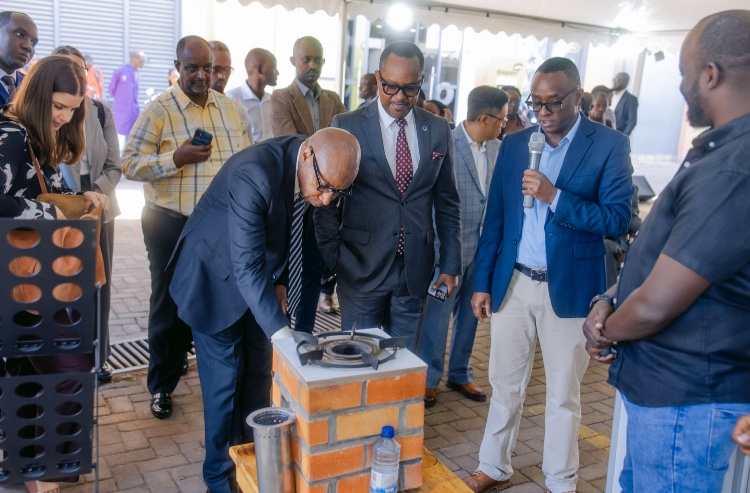
For many families in Rwanda, cooking still means gathering firewood or buying charcoal. But that tradition is slowly shifting as the country intensifies efforts to promote clean and climate-friendly cooking solutions.
This week, government officials, entrepreneurs, and development partners gathered in Kigali for a three-day exhibition and stakeholder meeting to mark the end of the ReCIC (Reducing Climate Impact of Cooking) project—a five-year initiative aimed at supporting Rwandan companies to produce and distribute improved cookstoves and cleaner fuels.

The project, implemented by SNV Rwanda with funding from the European Union under the Global Climate Change Alliance Plus (GCCA+), supported over a dozen businesses and cooperatives, helping them scale up production and deliver cleaner stoves to households across the country. Since 2020, more than 440,000 improved cookstoves have been sold through the program.
“Together, we’ve helped transform Rwanda’s clean cooking market. Over 440,000 improved cookstoves have been sold—a sign of real demand for cleaner, safer, and more sustainable cooking solutions,” said Eleanor Hartzell, Country Director of SNV Rwanda. “We are especially grateful to the Government of Rwanda and local authorities for enabling us to reach deep into communities and respond to their needs.”
One of those entrepreneurs is Phoibe Kawera, a cookstove producer from Gatsibo District in Eastern Rwanda. She’s proud of the stoves her team makes, but says limited funding is holding them back.
“We need more support,” Kawera said. “The stoves we make are expensive to produce, and our capital is very small. If the government could help us invest, we’d be able to grow and reach more families.”
In Kigali, Hirwa Germain, co-founder of a modern stove company, voiced similar concerns.
“We’re looking for more partnerships—with banks, with investors—anyone who can help us scale up,” he said. “The demand is there. We just need a way to meet it.”
That’s a gap the Energy Private Developers (EPD) association is trying to close.
“One of our roles is to help entrepreneurs access financing,” said EPD’s CEO, Serge Wilson Muhizi. “We speak with banks, present the ideas of clean energy businesses, and try to build bridges that help them grow.”
The Ministry of Infrastructure says clean cooking is now part of Rwanda’s long-term energy strategy.
“We want every household to have access to affordable, environmentally friendly cooking fuels,” said Jean Bosco Mugiraneza, the ministry’s Director General of Energy. “Whether you’ve been using firewood or charcoal, there should be a cleaner option that’s within reach.”
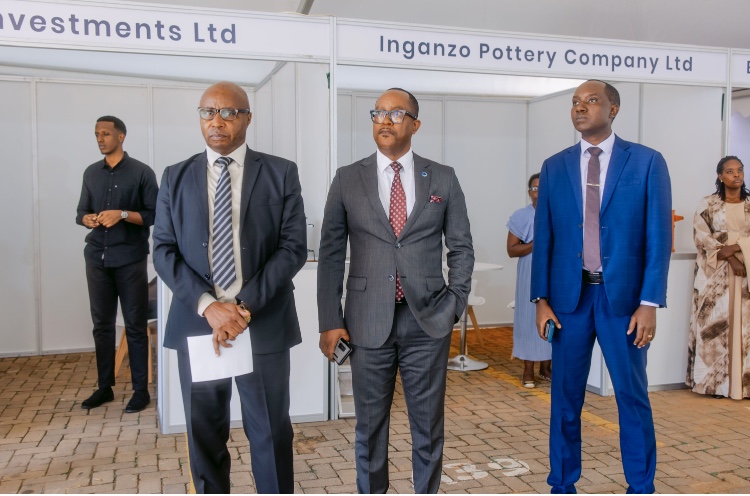
Still, there’s a long way to go. A 2024 survey found that just 5% of households in Rwanda were using clean cooking fuels—up from 1% in 2017. In urban areas, the number is higher, around 14%, but in rural communities, it remains stubbornly low.
Rwanda’s national climate plan includes a target to reduce greenhouse gas emissions by 38% by 2030—roughly 4.6 million tonnes of CO₂. Clean cooking solutions are expected to play a key role.
For now, the momentum built by the ReCIC project has offered a glimpse of what’s possible when the right tools, support, and partnerships come together.
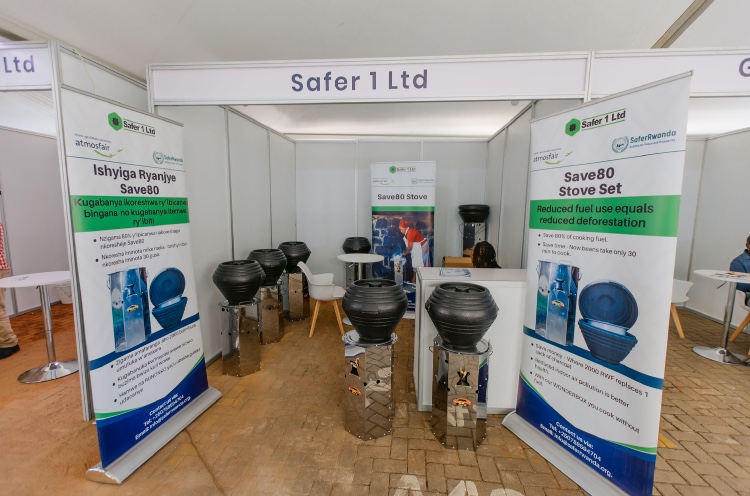
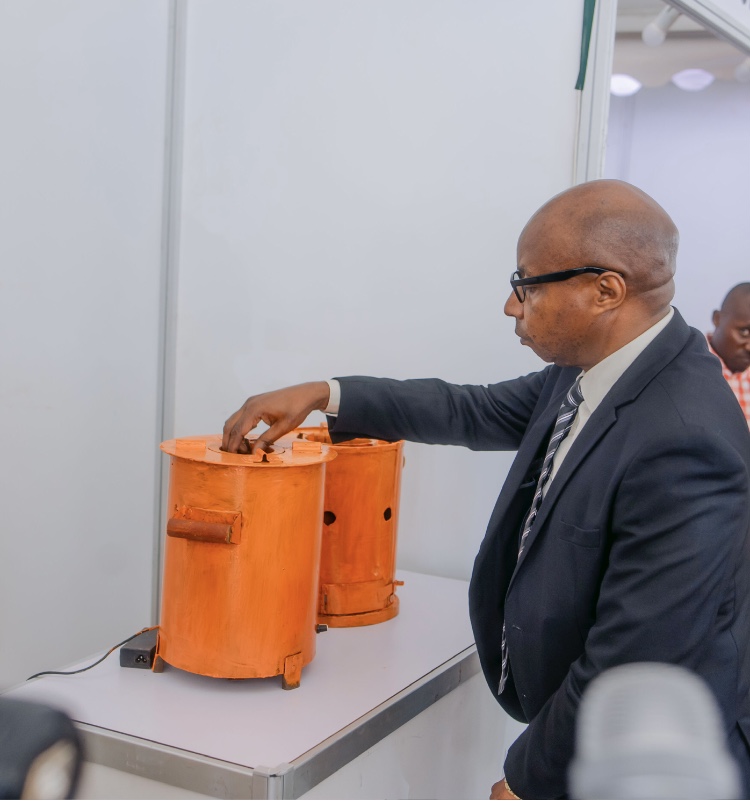
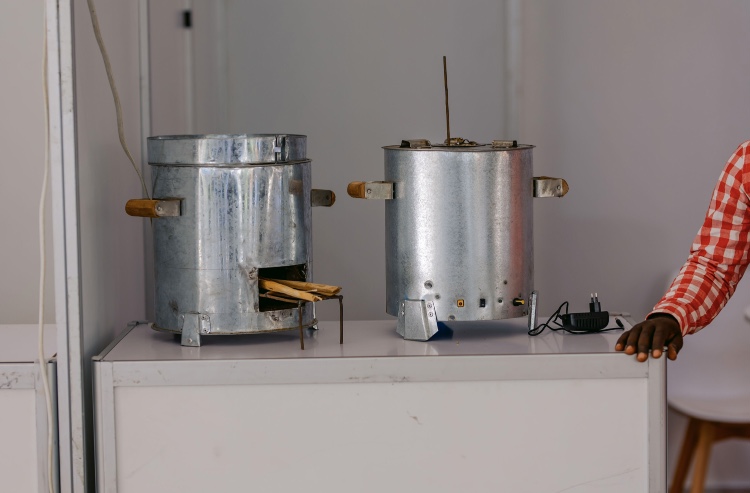
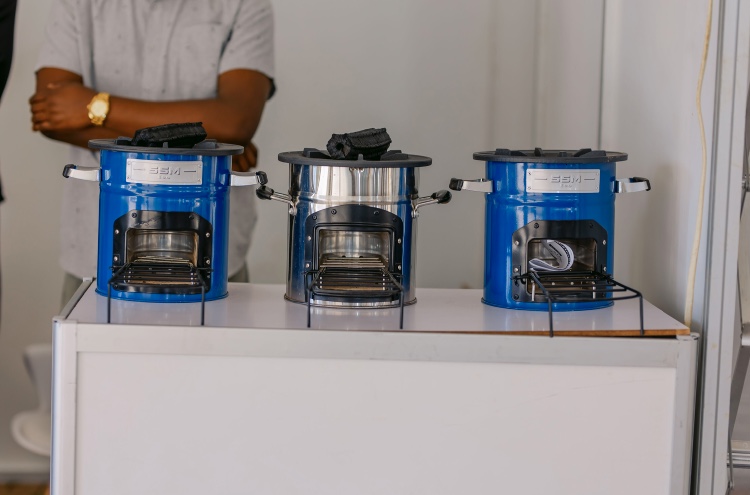
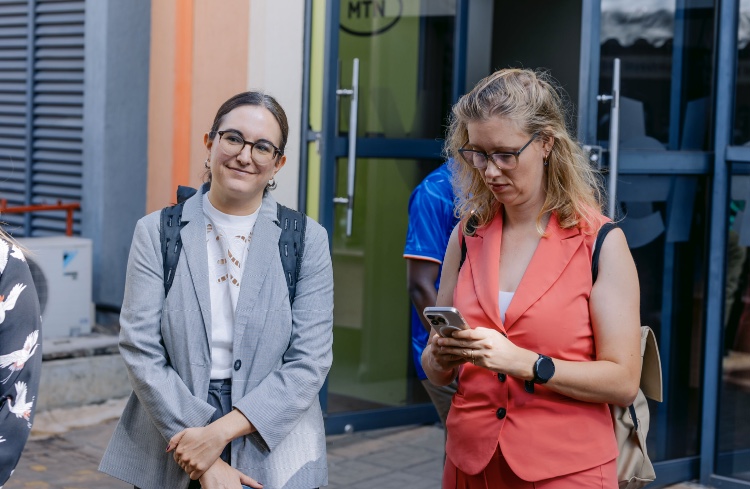
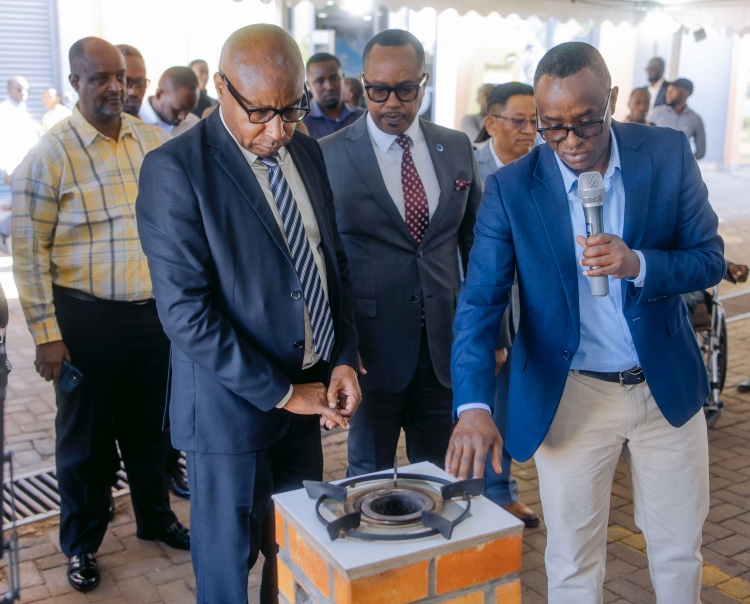
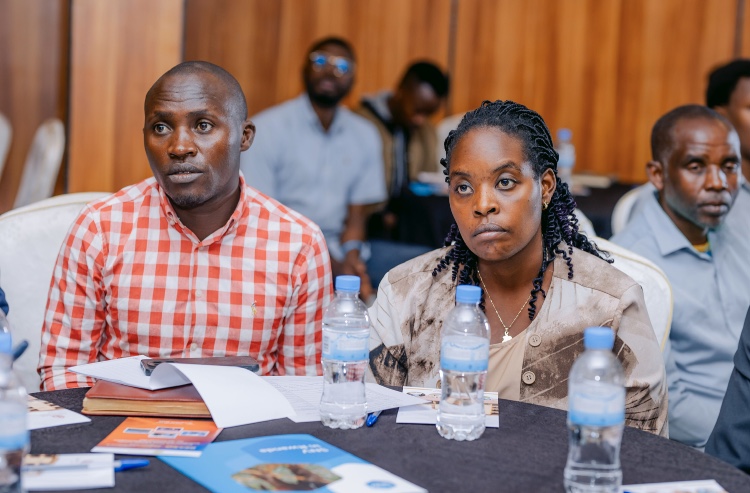
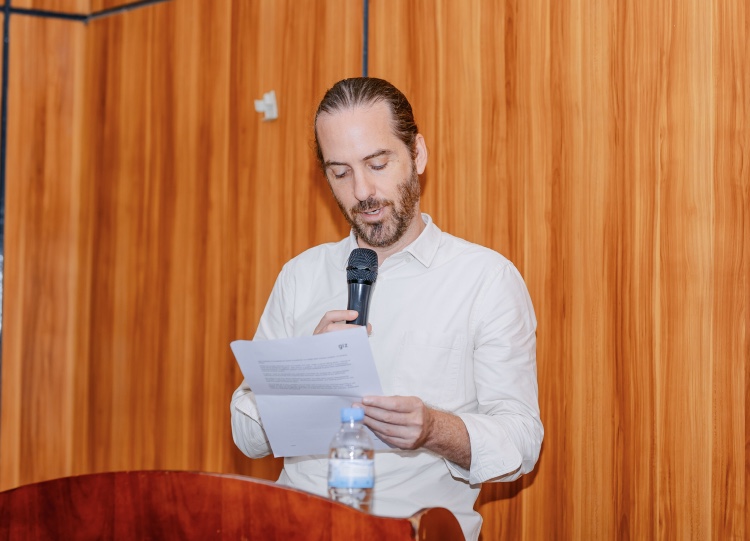
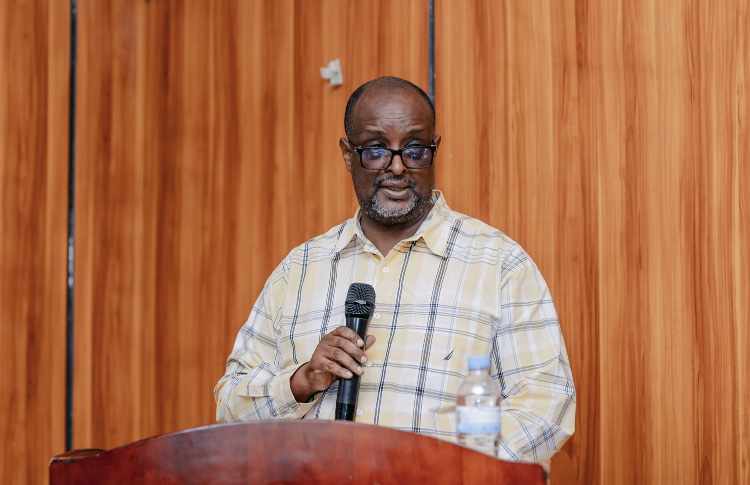
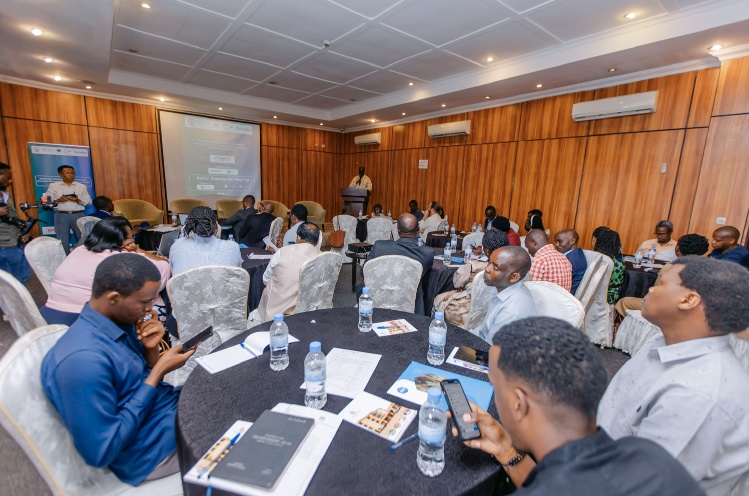
Related Articles
Strengthening Rwanda’s SMEs for Circular Food Systems: Embedding Circularity Beyond Project Implementation for Long-Term Transformation
As Rwanda advances its circular economy ambitions, small and medium-sized enterprises (SMEs)...
Powering Food, Restoring Land: How Renewable Energy and Regenerative Agriculture Are Transforming Rwanda’s Farms
Across Rwanda’s rolling hills, a quiet revolution is underway. It begins in...
Late February Weather Alert: Heavy and Above-Average Rainfall Forecast Across Rwanda
The Ministry in charge of Disaster Management (MINEMA) has issued a weather...
GBOX Launches AI Literacy Initiative to Support Rwanda’s Digital and Sustainable Development
A new Artificial Intelligence (AI) literacy program has been introduced last week...







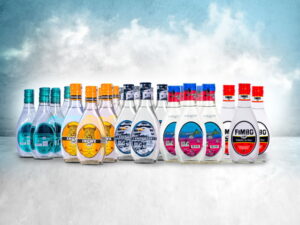
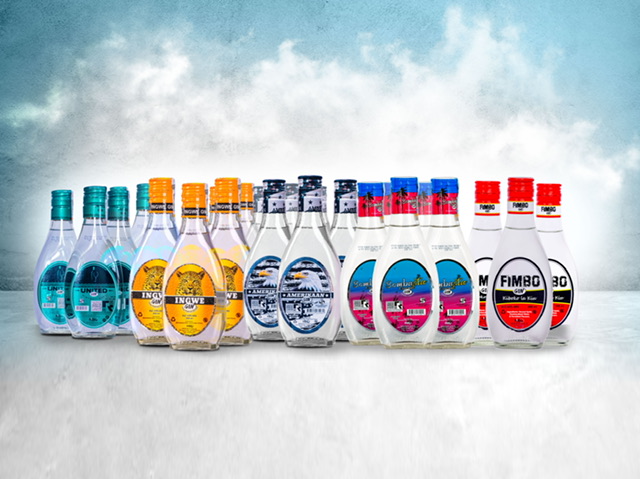
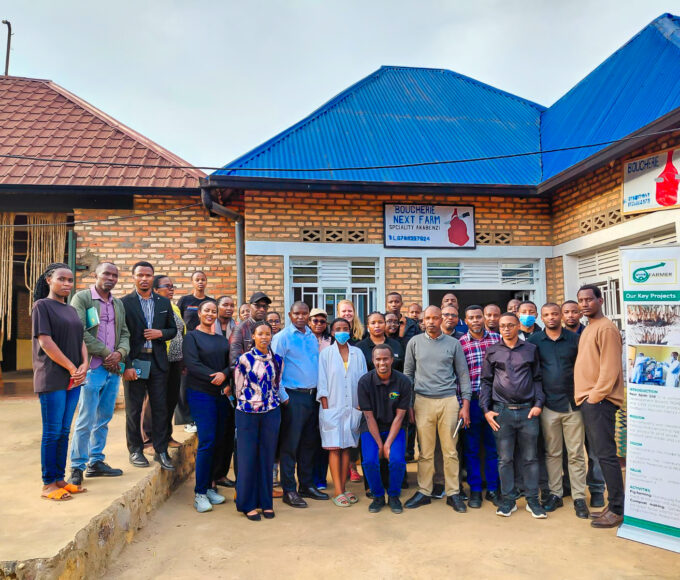

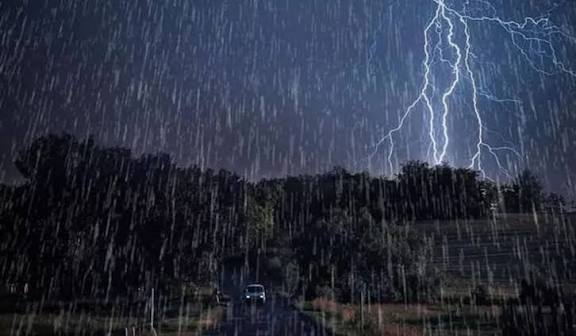
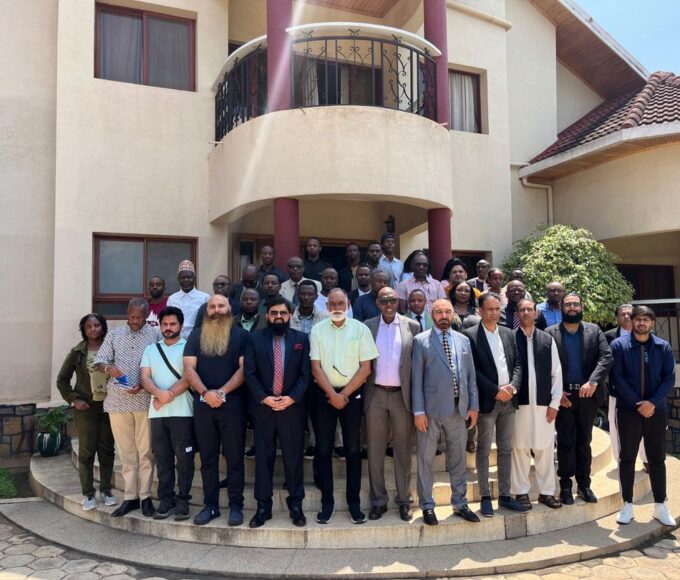
Leave a comment